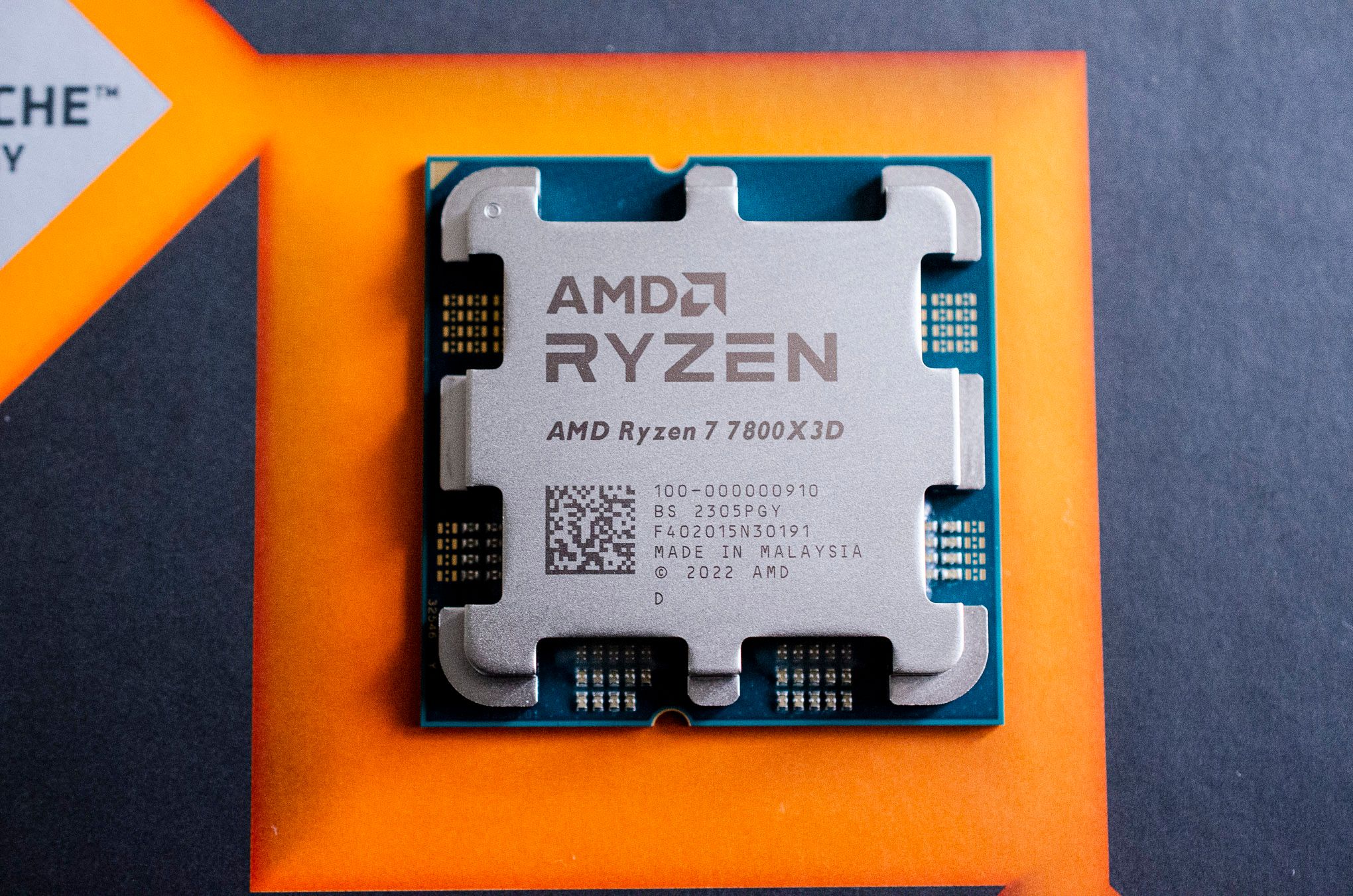Walmart just threw down the gauntlet against Amazon's Prime Day dominance. While Prime Day wraps up, Walmart's "Deals" event runs through October 12th, featuring some genuinely surprising discounts - including the coveted AMD Ryzen 7 7800X3D processor at $338, nearly $100 below typical retail. This isn't just another me-too sales event; it's a strategic play for Prime Day refugees who want premium tech without membership fees.
Walmart just pulled a classic retail power move. As Amazon's October Prime Day winds down, the Arkansas giant is keeping its own sale going through Sunday, October 12th, betting that shoppers will choose convenience over Prime membership requirements. The timing isn't coincidental - it's a direct challenge to Amazon's retail dominance during one of the year's biggest shopping events. What's catching attention isn't just the extended timeline, but the depth of discounts on premium gaming hardware that typically sees minimal price drops. The standout deal reflects how serious Walmart is about competing: AMD's Ryzen 7 7800X3D processor at $338, down from the usual $420 most retailers charge. This isn't just any gaming chip - it's consistently ranked as one of the best gaming processors available, even as newer generations enter the market. For context, significant discounts on high-end AMD processors are rare, making this pricing particularly noteworthy for PC builders and gaming enthusiasts. The broader strategy becomes clear when looking at Walmart's other flagship deals. The Sony PlayStation 5 Pro bundle exemplifies the retailer's approach - offering the $749 console with two additional purple DualSense controllers for just $770 total. Given that individual controllers typically retail for around $75, this bundle essentially provides $150 worth of accessories for $20. This kind of aggressive bundling directly challenges Amazon's traditional strength in electronics pricing. Display technology represents another battleground where Walmart is making moves. The LG B4 55-inch OLED TV at $798 - down from $1,499 - puts premium display technology within reach of mainstream buyers. While not LG's latest flagship, the B4 features 120Hz refresh rates and four HDMI 2.1 ports, specs that appeal directly to gamers and home theater enthusiasts. The pricing undermines Amazon's usual advantage in big-ticket electronics. Beyond marquee items, Walmart's strategy extends to emerging brands and niche categories. The CMF Buds Pro 2 earbuds at $47 (down from $59) showcase Nothing's sub-brand, while the accompanying CMF Watch Pro 2 at $49 targets the budget smartwatch segment. These aren't household names, but they represent Walmart's willingness to stock and promote newer tech brands that might get lost in Amazon's vast catalog. Gaming hardware continues to drive competitive differentiation. Legion 5 gaming laptop at $949 (roughly $300 off) packs an OLED screen, AMD Ryzen 7 processor, and Nvidia RTX 5060 graphics - specs that would typically command premium pricing. The combination of features at this price point suggests Walmart is willing to accept thinner margins to capture market share. The retail dynamics reveal larger industry trends. As Prime Day has evolved into multiple annual events, competitors like Walmart have recognized the need for sustained counter-programming rather than isolated sales events. The "no membership required" positioning directly addresses consumer friction with Amazon's Prime requirement, potentially appealing to the estimated 60% of US consumers who don't maintain Prime subscriptions. Walmart's electronics push also reflects the company's broader logistics investments. The retailer has spent billions upgrading fulfillment capabilities and last-mile delivery, positioning itself to compete more directly with Amazon's speed and convenience advantages. When combined with aggressive pricing on premium tech, this creates a more compelling alternative to Prime Day shopping. The timing extends beyond mere competition - it captures shoppers in active buying mode who might have missed Prime Day deals or prefer shopping without membership commitments. By running through October 12th, Walmart captures weekend traffic when many consumers have more time to research and compare major purchases.











